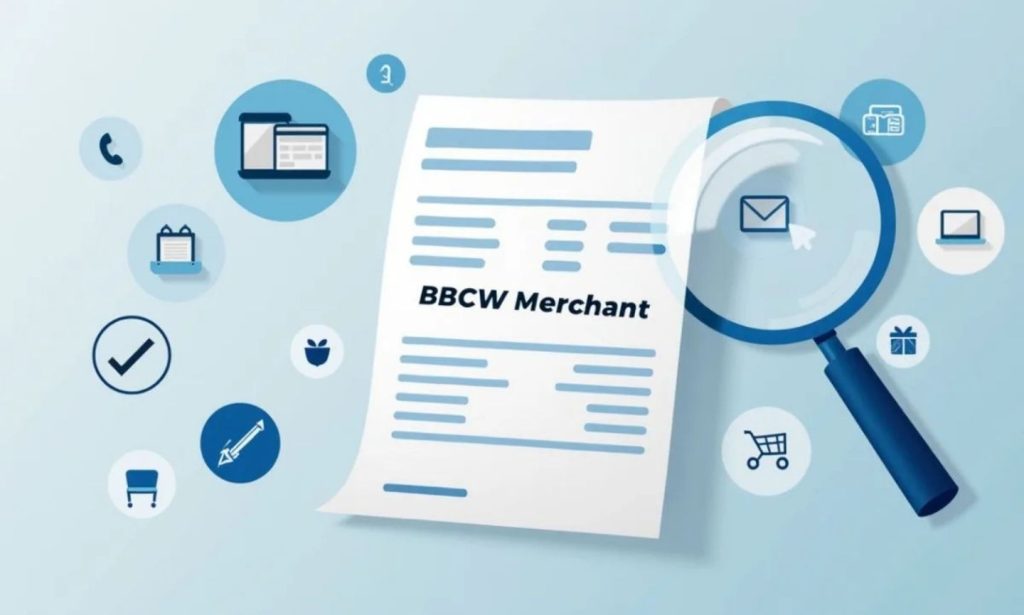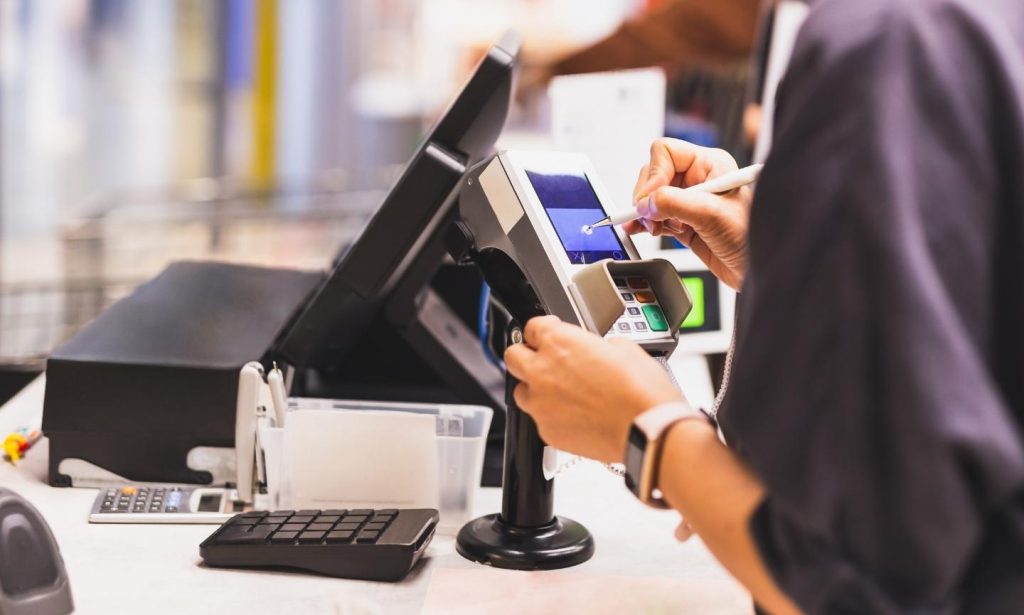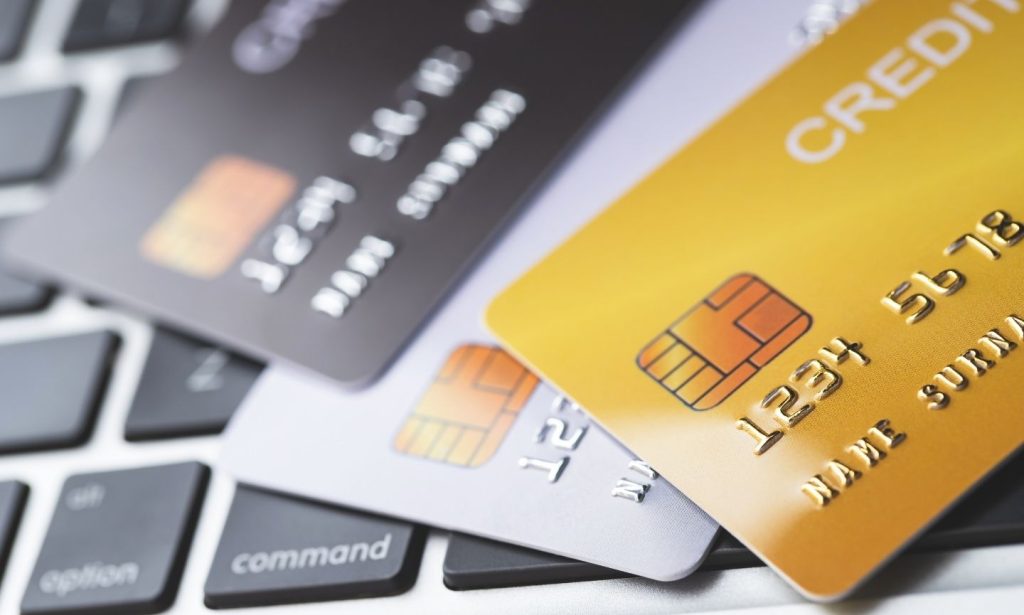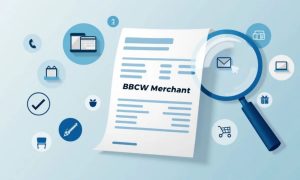You’re checking your credit card statement, and boom! There’s a charge from “BBCW Merchant.” Panic sets in. What even is BBCW Merchant on your credit card statement? This guide dives in to explain every possible reason why it appears, and what it could mean for you. Relax, we’re here to clear the fog.
What Are Credit Card Statements?

If you find credit card statements a bit of a mystery, you’re not alone. Many people glance at their monthly bill, see a bunch of numbers, and feel overwhelmed. Understanding what’s on your credit card statement can be a powerful tool for tracking your spending and financial health.
Key Components of a Credit Card Statement
To really understand why certain merchant names, like BBCW Merchant, pop up on your credit card bill, it’s important to first break down the key parts of your credit card statement:
- Statement Balance: This is what you owe from the previous billing period. It’s essential to clear this on time to maintain a good credit score.
- Minimum Payment: The absolute minimum you have to pay to avoid penalties. Just remember, making only minimum payments can lead to hefty interest over time.
- Credit Limit: The spending cap your card issuer allows, crucial for keeping tabs on your spending habits.
- Transaction Details: This section contains the juicy stuff—a record of every swipe, including merchant names, transaction amounts, and dates. This is where BBCW Merchant might show up.
- Payment Due Date: Mark this in red! Missing the due date can hurt your credit.
- Rewards Summary: Details of earned points, miles, or cashback.
Common Terminology in Credit Card Transactions
Here are some common phrases that you’ll often see:
- Authorized Transactions: Purchases you made that are still pending processing.
- Posted Transactions: Purchases fully processed by the credit card issuer.
- Pending Charges: Payments that have been authorized but not yet posted.
- Merchant on Credit Card: This often isn’t the brand you shopped with but could be the name of the parent company or billing platform.
What is BBCW Merchant on Credit Card Statement?
Let’s zoom in on the main event: What is BBCW Merchant on a credit card statement? The confusion arises when you spot a name you don’t recognize, and BBCW Merchant is one of those enigmatic entries. Let’s make it less cryptic.
Definition of BBCW Merchant
BBCW Merchant is most likely the name used by a billing platform or parent company of the business where you made a purchase. This means the actual merchant or retailer could be entirely different, but they’re operating under this billing name for credit card transactions. If you’re wondering, “what is BBCW Merchant on credit card statement,” it’s usually related to the underlying transaction processors.
You might have bought something from an online store, and instead of showing that particular store’s name on your credit card statement, it appears as BBCW Merchant. This is quite common when businesses use third-party payment processors to handle their transactions.
Industries Associated with BBCW Charges
BBCW Merchant could be linked to multiple industries, making it tough to track without context. Some of the possible sectors might include:
- Subscription Services: Streaming platforms, digital media services, or other monthly subscriptions could use BBCW Merchant for billing.
- Online Retailers: Especially international companies that use generalized merchant names to manage cross-border payments.
- Gift Cards: If you’ve purchased or loaded funds on a gift card, BBCW Merchant could be how it’s recorded.
- Community or Education Programs: BBCW is sometimes connected to educational or social programs like the Community Online Academy or other services that are labeled differently on credit card bills.
Why Do Merchant Names Vary on Statements?

It’s frustrating when you spot a mysterious name like BBCW Merchant on your credit card bill. The truth is, there are several reasons why the merchant names on your statement may not match your recollection of where you shopped. Understanding “what is BBCW Merchant on credit card statement” will help you decode these situations.
Factors Influencing Merchant Name Variations
- Third-Party Payment Processors: Businesses often use payment processors to manage their credit card transactions. These processors may operate under different names, like BBCW Merchant, leading to confusion.
- Parent Companies: Many brands are owned by bigger parent companies. Your purchase might say BBCW Merchant on the bill because that’s the company name linked to financial transactions.
- Billing Platforms: Several billing platforms facilitate transactions between you and the merchant. Often, BBCW Merchant could be one of these intermediary platforms.
The Role of Different Payment Processors
Payment processors like Stripe, PayPal, or Square simplify the entire transaction process for businesses by managing things like compliance, card security codes, and international payments. When you see BBCW Merchant, it might be linked to one of these processors, handling the backend of your purchase.
How to Confirm the Legitimacy of BBCW Charges
Whenever you see unfamiliar charges on your credit card bill, it’s wise to verify them. Not every unexpected charge is fraud—sometimes it’s just a misleading label. To fully understand “what is BBCW Merchant on credit card statement” and determine its legitimacy, follow these steps.
Steps to Verify Your Transactions
- Check Your Purchase History: Match the charge date to the receipts or purchase emails you have. Often, charges like BBCW Merchant can be verified by checking back through your records.
- Login to Online Retailer Accounts: Look for transaction history on your online retailer account, especially if you frequently use platforms like Amazon, eBay, or another e-commerce site.
- Use Your Bank’s Comprehensive Resource Center: Many credit card providers now offer tools to help you recognize charges. Some even allow you to see a map of where the purchase was made.
- Contact Customer Service: Call your credit card provider and ask for more details on the BBCW Merchant charge.
Contacting Your Bank or Credit Card Issuer
- Customer Service Calls: When all else fails, call customer service for your card issuer. They can access transaction details beyond what you see.
- Dispute Charges: If after reviewing your records you still can’t figure out what the charge was for, initiate a charge dispute.
- Check Card Security Codes: Ensure your card hasn’t been compromised, as unauthorized charges may appear as seemingly generic names like BBCW Merchant.
Possible Reasons for BBCW Charges
There are multiple scenarios where a charge like BBCW Merchant can legitimately appear on your credit card statement. Here are some of the common reasons:
Subscription Services and Recurring Payments
If you have a subscription to a digital media platform, BBCW Merchant may handle your recurring monthly or yearly payments. Here are a few specific services where BBCW might apply:
- Streaming Platforms: You may have signed up for a streaming service that processes payments via BBCW Merchant.
- Digital Subscriptions: This could also apply to other digital resources, like newspapers, magazines, or an educational service that renews automatically.
- Software Services: Sometimes software companies use BBCW as a generic name for charges involving upgrades or subscription renewals.
One-Time Purchase or Reservation Confirmations
- Online Purchases: Buying from international retailers may result in seeing unfamiliar merchant names like BBCW Merchant on your statement.
- Reservations: Travel-related purchases like hotel bookings or ticket reservations might reflect a billing name like BBCW Merchant, depending on the travel website used.
- Event Tickets: You may have purchased tickets for an event, concert, or conference using a service that outsources payment handling to BBCW Merchant.
What to Do If You Encounter Unfamiliar BBCW Charges

So, you’ve confirmed you didn’t make a BBCW purchase, and it doesn’t ring any bells—what next? The next steps will help you deal with these charges and find out “what is BBCW Merchant on credit card statement” in more detail.
Steps to Dispute a Charge
- Act Quickly: Time is important when disputing charges. Most credit card companies allow a window for disputes—generally 60 days from the time of the statement.
- Contact Your Card Issuer: Call the number on the back of your card. They’ll provide specific instructions for starting a dispute.
- Fill Out Any Forms: Often, disputes can be resolved over the phone, but in some cases, you’ll need to fill out a dispute form. This might be sent via email or accessed online.
- Submit Evidence: Your credit card issuer might request evidence that the charge was unauthorized, such as a copy of your transaction history or purchase receipts.
Reporting Potential Fraudulent Activity
- Notify Your Bank Immediately: If you suspect the charge was fraudulent, notify your financial institution as soon as possible.
- Freeze Your Account: In some cases, your bank may suggest freezing your card and issuing a new one.
- Credit Card Theft Concerns: If you believe that your card details have been compromised, consider checking your entire statement for other unfamiliar charges.
- Check Your Card Security Code: Fraudulent transactions often bypass certain checks, but always ensure your card is safe and intact.
Conclusion
Spotting an unfamiliar name like BBCW Merchant on your credit card statement can feel unsettling. However, understanding the reasons behind it can help you make informed decisions. Always double-check your transaction history, reach out to your credit card provider, and stay vigilant about potential fraud. Now that you know “what is BBCW Merchant on credit card statement,” you can handle these scenarios with confidence.
Also Read: How to Sell Merchant Services
FAQs
BBCW Merchant often shows up because of third-party billing systems used by retailers, subscription services, or payment processors.
Not necessarily. It could be a legitimate transaction with a misleading merchant name due to generalized billing practices.
Unfortunately, no. However, using your purchase receipts to cross-reference the charges can help you avoid confusion.
Contact your bank immediately, dispute the charge, and freeze your card if needed to prevent unauthorized activity.




